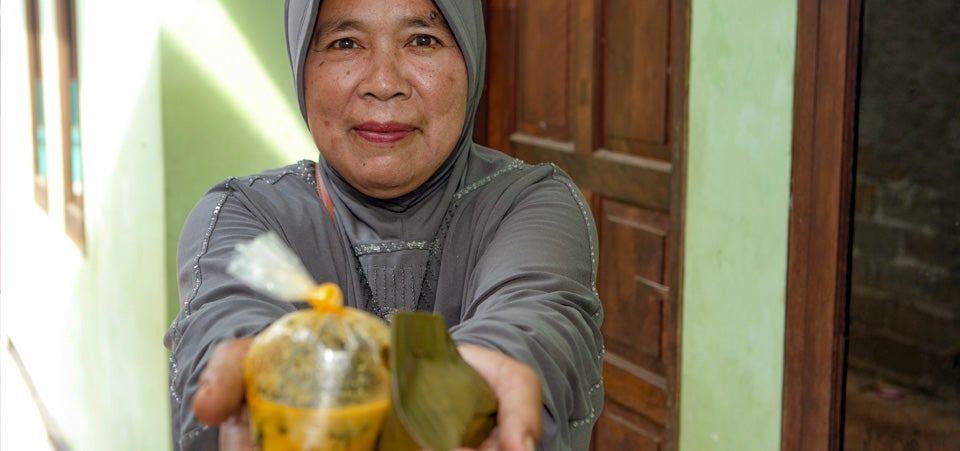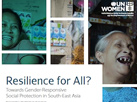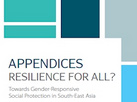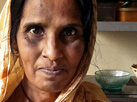Economic empowerment

Women represent two thirds of the poor in Asia. Economic insecurity is part of a cycle of disadvantage for women, often caused by discrimination in employment and education. Poverty magnifies this disadvantage by leading to poor health outcomes, limited decision-making power and few opportunities for women to pull themselves out of poverty. Women in many countries do not control key assets such as the family home, property, and decision-making rights on the use of income, further limiting opportunities to break the poverty cycle.
When economies decline, women are hit hardest, with lowered migrant worker remittances, with manufacturing industries scaled back as exports drop, and with women retrenched, forced to migrate under poor working conditions which render them vulnerable to exploitation and gender based violence. As the global economic crisis continues UN Women is looking closely at the ripple effects on women’s lives.
In many parts of Asia, women work in back-breaking and unsustainable agriculture for little reward. Moreover, the overseas employment of Asian women in the informal sector, particularly as domestic workers, is an increasing area of concern. Despite their economic and social contribution to both the source and destination countries, women migrant workers are subject to discriminatory practices, human and labour rights violations at every stage of the migration cycle. UN Women is working with governments and communities to address these and other issues of women’s poverty in East and South East Asia.
UN Women’s Approach
Seeking policy reform: macro-economic policies such as trade agreements, national development plans and poverty reduction strategies need to reflect the differences between men and women. UN Women is training government officials in gender-responsive budgeting , to make it happen.
Supporting economic security and rights: UN Women supports policies that have the potential to bring economic security and rights to vulnerable women. This includes policies that advance land and inheritance rights for women andlegal protections for migrant and domestic workers in origin and destination countries to reduce the potential for exploitation and abuse.
Enhancing economic opportunities: UN Women supports initiatives to enhance economic opportunities for women, while also building the capacity of economic institutions and networks to provide women with resources. UN Women supports women to reshape conditions at both ends of the economic spectrum — from boosting women’s participation in economic policy-making to supporting women and their communities with practical skills for sustainable livelihoods.UN Women in Action>>
Related publications
Resilience for All?
Towards Gender-Responsive Social Protection in South-East Asia
The report concludes by identifying entry points for UN Women and its partners in promoting gender responsive social protection programmes and policies throughout the South-East Asian region. These entry points are informed by a review of key features of innovative schemes from countries...more
Resilience for All?
Appendices
This publication is the appendices of the report "Resilience for All? Towards Gender-Responsive Social Protection in South-East Asia" which presents the findings of a desk review of social protection policies and frameworks in South-East Asia and the extent...more
News and Updates
A Dignified Life of Sakina Bezum
Sakina Bezum, a widow with three children. Photo: UN Women/Montira NarkvichienSakina Bezum, 50, widowed with three children, survived constant hardships after a tiger attacked her husband 22 years ago when he went to collect wild honey, logs, fuel woods and medicinal plants rel="noopener noreferrer" in a deep jungle...more


